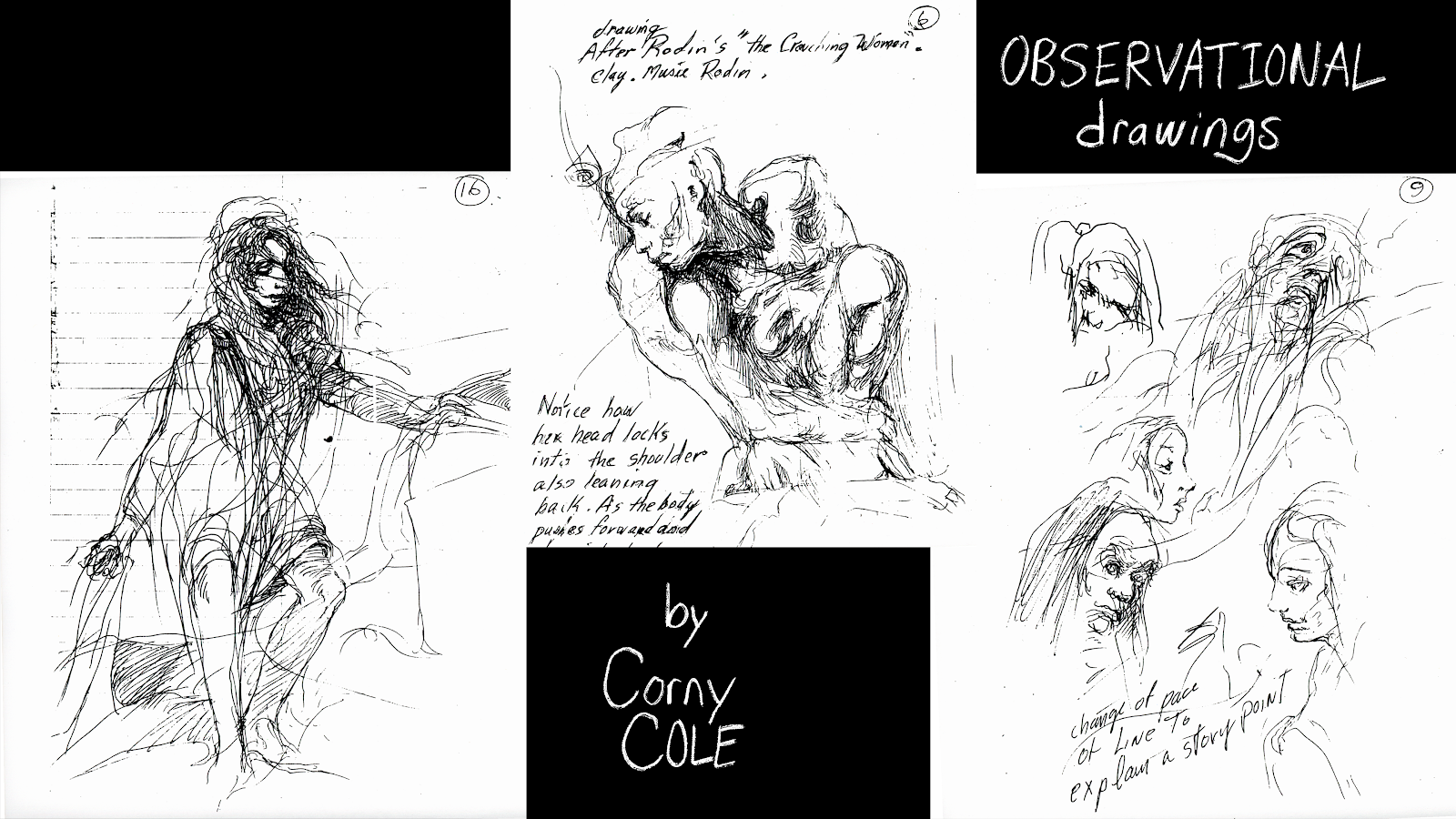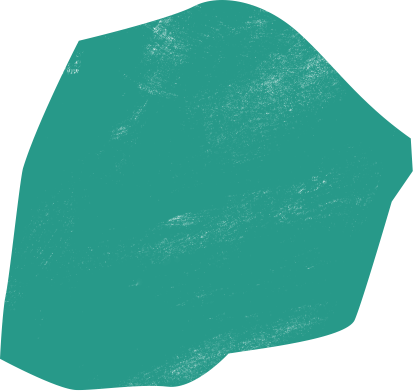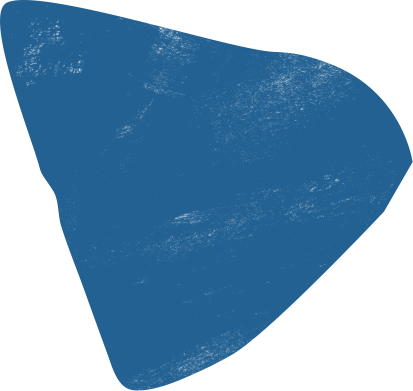Character Design Tips: How to Use Form for Eye-Catching Characters
Here’s how to make your characters interesting and believable.
By Matthew Clinton, Interlochen Online Course Instructor
Animator for productions by Amazon Studios, HBO, Weston Woods, Scholastic/Fisher-Price, and PBS.

What makes a character stand out? It’s not just the colors, clothes, or cool backstory—it’s the form.
Understanding form is essential not just for believability, but also for unlocking creativity. When you know how the body works, you can bend, stretch, and stylize it in ways that bring characters to life—whether you're aiming for realism or something more imaginative.
There are two foundational concepts to approaching the human form in character design: let’s explore how anatomy and idealized form help build characters that are dynamic, memorable, and story-driven.
Why Anatomy Still Matters (Even for Stylized Work)
Behind every great character is a solid understanding of human anatomy. Knowing how the body is structured helps designers and animators create characters that move in realistic or stylistically exaggerated ways.
Anatomy gives your characters weight, balance, and believability. Even the most fantastical designs feel more grounded when rooted in real human structure.

Understanding Idealized Forms
While every human body is unique, starting with idealized proportions provides a practical base. It’s easier to push boundaries when you first understand the unrealistically perfect form.

Creating Your Character with Constructive Design
Constructive design and character creation involve several critical steps, starting with broad strokes. Before you dive into details, zoom out. Start with a strong pose that reflects the character’s essence—are they powerful, shy, graceful, awkward?
Then, block out the figure using basic masses and shapes: head, chest, pelvis, shoulders, arms, and legs limbs.

Here, you can begin playing with proportions by adjusting the size and shape of these elements. Every proportion choice adds meaning and can dramatically affect how a character is perceived:
- Long legs + small torso = elegant or comical
- Wide chest + narrow hips = heroic or exaggerated
- Small arms + big feet = quirky or clumsy
Ask yourself: What does this character’s body say about who they are?
Using Line, Shape, and Rhythm
Lines do more than outline—they communicate rhythm, emotion, and movement. Curves, angles, and straight lines each bring a unique flavor to your character’s personality:
- Curves = softness, vulnerability
- Angles = tension, danger
- Straight lines = stability, control
Combining these thoughtfully creates a flow through the body that pulls the viewer in and leads the eye.
Practical Exercises to Create Effective Form
Want to level up your character designs? Try these:
Silhouette Testing
Draw your character in different poses. Black out the figure and see if the pose still reads clearly. Can you tell who they are, what they’re doing, or how they feel—just from the shape?
- Form Manipulation
Push your designs. Make the legs really long. Shrink the torso. See what emotional or stylistic changes happen.
- Get Feedback
Sometimes others see what you miss. Use peer reviews or post online to get quick reads on how your characters come across.
- Draw Dynamic Poses
Step beyond neutral stances. Action poses help you visualize how a character moves, reacts, and expresses emotion.
- Consider Their Environment
A mountain climber will have muscular arms. A bookish character may be slight. Let their world influence their form.
By strengthening your understanding of form, you’ll not only make characters that look good—you’ll make ones that feel real, alive, and unforgettable.
Want to continue learning with Interlochen Online?
Find your perfect course now—the next session starts March 23.
Recommended Digital Animation Courses
Each course offers four weeks of instruction and personalized feedback from a professional animator.
Digital animation 101
Learn animation basics from the ground up.
designing animated characters
Create expressive, memorable characters.
Digital animation techniques: expressions and movement
Animate characters with personality and motion.
Take all three courses and earn a certificate from a world-renowned institution.
The digital animation studies certificate program is perfect for...
✔ Adults looking to boost their creative résumé and LinkedIn profile
✔ Teens who want to earn high school credit for their passion
What are students saying?
How does it work? Sample a course for free.
✔ | Expert Faculty Receive direct, personalized feedback from a professional artist. |
✔ | Real Growth Develop artistic skills that are important to you in 30 days. |
✔ | Collaborate Connect with peers and instructors on your projects—or just for fun. |

